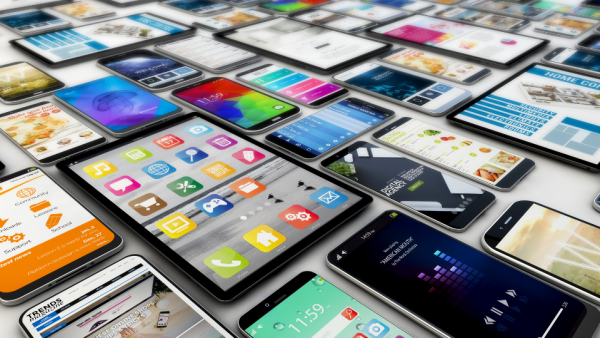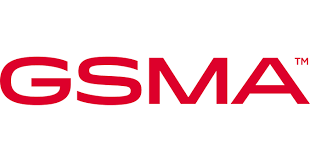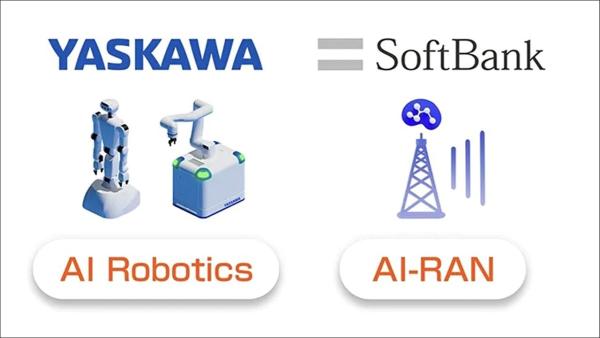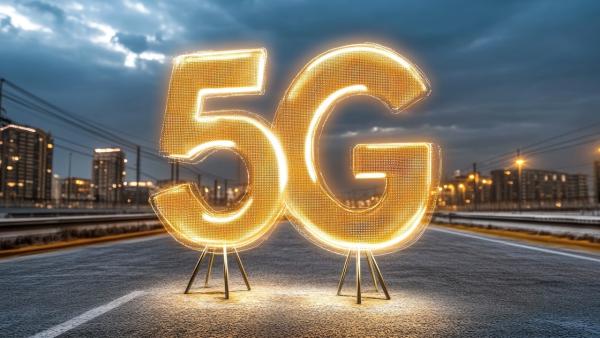Written by Nick Wood for Telecoms.com

UK telco Vodafone is accelerating plans to enable machines to pay for stuff automatically.
It announced on Thursday that it will spin off its Economy of Things assets – comprised of its Digital Asset Broker (DAB) platform, intellectual property, contracts, technology, and software – into a new business.
It has also agreed to sell – subject to regulatory approval – a 20% stake in this new venture to Japanese conglomerate Sumitomo Corporation, for an undisclosed fee. Together, they plan to attract additional investors, partners and customers.
Vodafone launched DAB in February 2022 with a vision for enabling IoT devices like vehicles, smart street furniture and so-on to transact with each other without any human intervention. Imagine, for example, pulling up to the petrol pump – or EV charger – topping up the tank and then driving straight off, knowing that the car has already paid for the fuel. That, in a nutshell, is what the Economy of Things is all about.
For it to work, transacting devices need to swap and verify their respective credentials to prevent fraud, before exchanging data and money over secure, encrypted connections. Platforms like Voda’s DAB sit in the middle, making all this magic happen.
As ambitions go, it’s a bold one, and requires strong systems integration skills to stitch together a broad range of ecosystem participants, from banks and payment network operators, to IoT device makers and software developers.
Bringing on board an investor as large and sprawling as Sumitomo could make a big difference. It has interests spanning the industrial, energy, real estate, construction, automotive and transport, media, and finance sectors, among others. In 2021, it was part of a consortium – that also included Vodafone – that successfully acquired Ethiopia’s first privately-held spectrum licence.
“Sumitomo is the ideal partner to help drive the Economy of Things and associated new business opportunities for us, our customers, and partners,” said Vinod Kumar, CEO of Vodafone Business, in a statement.
“For example, a rental car could charge motorists on either a pay-as-you-drive or subscription basis; motorists of electric vehicles can receive real-time information on the availability of the nearest charging point and recharge effortlessly; and fleet management firms can automatically pay tolls,” he said.
If that quote sounds a little car-heavy, that’s because automotive and transport are the first verticals Vodafone and Sumitomo are going after.
They will initially pitch DAB to potential clients in Germany and the UK, followed by other European markets and North America at a later date. Voda and Sumitomo will also explore the possibility of extending their partnership to Asia, including Japan, with the long-term aim of entering the smart city market.
Vodafone currently boasts more than 140 million IoT connections, and it reckons there will be 30 billion connected devices worldwide by 2025. There is a big opportunity here to enable automated, seamless financial transactions between a chunk of these devices.
Click here to read the original article.









